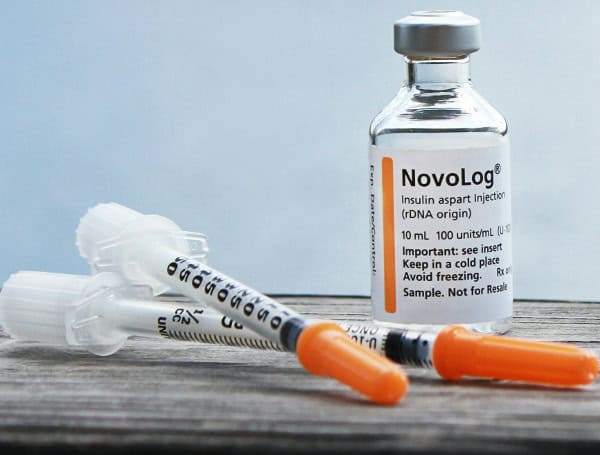Insulin File (Unsplash) The Federal Trade Commission (FTC) Friday initiated legal action against the three largest prescription drug benefit manag
The Federal Trade Commission (FTC) Friday initiated legal action against the three largest prescription drug benefit managers (PBMs) in the U.S.—Caremark Rx, Express Scripts (ESI), and OptumRx—and their affiliated group purchasing organizations (GPOs) for engaging in anticompetitive practices.
The FTC alleges that these practices have inflated insulin prices, restricted patient access to lower-priced alternatives, and shifted the burden of high insulin costs to vulnerable populations.
Read: Bill O’Reilly, PBS Host Get Into Heated Exchange About Sexual Harassment Claims
According to the FTC’s complaint, CVS Health’s Caremark, Cigna’s ESI, and UnitedHealth Group’s Optum, along with their respective GPOs—Zinc Health Services, Ascent Health Services, and Emisar Pharma Services—have manipulated the pharmaceutical supply chain to benefit themselves, at the expense of patients. These three PBMs, which collectively manage about 80% of all U.S. prescriptions, allegedly created a rebate system that favored high-cost insulin products, leading to inflated list prices.
“Millions of Americans with diabetes rely on insulin to survive, yet for many, the cost has become unbearably high due to the greed of powerful PBMs,” said Rahul Rao, Deputy Director of the FTC’s Bureau of Competition. “The FTC’s action aims to put an end to the exploitative conduct of these PBMs and restore competition in the market, driving down drug prices for consumers.”
Insulin Prices Skyrocket Due to PBM Practices
The complaint highlights the dramatic rise in insulin prices over the years. For example, the list price of Humalog, a popular insulin medication, was just $21 in 1999 but had skyrocketed to over $274 by 2017—a 1,200% increase. Despite the availability of lower-priced insulin alternatives, the PBMs allegedly continued to favor higher-priced, highly rebated products, prioritizing their own profits over patient affordability.
Read: Former Dem Fundraisers Call Harris’ Oprah Interview ‘Out Of Touch,’ ‘Patronizing’
Impact on Vulnerable Patients
The FTC’s complaint also claims that the PBMs’ actions disproportionately harmed vulnerable patients, particularly those with deductibles or coinsurance, who often had to pay the full inflated list price for insulin. Many patients ended up paying more out-of-pocket for their insulin than the net cost to commercial payers, as the rebates collected by PBMs were not passed on to consumers at the point of sale.
FTC’s Legal Action and Industry Implications
The FTC charges that Caremark, ESI, and Optum, along with their GPOs, violated the FTC Act by fostering a system that inflated insulin prices and reduced patient access to more affordable alternatives. The Commission’s vote to file the administrative complaint was unanimous, with a 3-0-2 vote. Commissioners Melissa Holyoak and Andrew N. Ferguson recused themselves from the vote.
In a statement, the FTC noted that drug manufacturers like Eli Lilly, Novo Nordisk, and Sanofi also bear responsibility for driving up insulin prices and warned that future enforcement actions could target them as well.
Read: Arizona Court Rules 98,000 Voters Without Confirmed Citizenship Can Vote In State And Local Races
The FTC’s action marks a critical step in addressing the insulin pricing crisis, with the potential to affect not just insulin but the broader pharmaceutical market, ensuring that competition can drive down prices for all consumers.
Please make a small donation to the Tampa Free Press to help sustain independent journalism. Your contribution enables us to continue delivering high-quality, local, and national news coverage.
Android Users: Download our free app to stay up-to-date on the latest news.
Connect with us: Follow the Tampa Free Press on Facebook and Twitter for breaking news and updates.
Sign up: Subscribe to our free newsletter for a curated selection of top stories delivered straight to your inbox.

